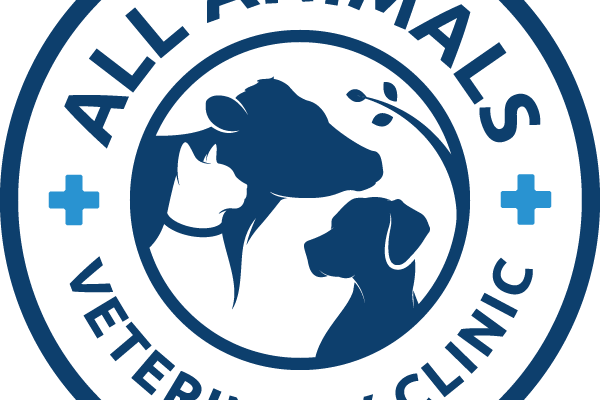The Veterinary Services Department destroyed 85 boxes of live chicks, containing around 8 500 chicks, smuggled into Zimbabwe via the Chirundu one-stop border post on Tuesday this week.
The destruction was meant to curb the spread of Avian Influenza reported to be in South Africa, leading to the death of around 20 percent of its national chicken population, with four million chickens recently destroyed, translating to shortages of eggs and poultry.
In a notice, Department of Veterinary Services director Dr. Jairus Machakwa ordered the Mashonaland West Provincial Veterinary officer or his representative to destroy the chicks and ensure safe disposal of the carcasses, with the police to witness these actions.
The chicks were seized by Zimbabwe Revenue Authority officers after the owner, Tangisai Kamhinhi of 3243 Eastview Park in Harare, failed to produce import permits and health certificates.
In a recent interview, Acting Deputy Director of Veterinary Field Services Dr Reverend Spargo urged poultry producers to keep their birds away from areas that are visited by wild birds and control the movement of people and equipment in and out of poultry houses.
“You should avoid provision of water and food in a way that may attract wild birds. Rather, feed free-range birds undercover or inside a confined structure and maintain proper disinfection of the property, poultry houses, and equipment,’’ he said.
The smuggling of chicks into Zimbabwe is a huge contravention of the Animal Health Act. The poultry sector and the entire economy are threatened by the unauthorized import of poultry and poultry products.
Poultry producers were also urged to avoid the introduction of birds of unknown disease status into their flocks adding that all illnesses and deaths of birds should be reported to the nearest Government veterinarian offices.
Poultry programs are also important as they are set to increase incomes and alleviate poverty and rural households used to keep their road runners for subsistence in terms of meat and eggs to supplement their diet occasionally and rarely for sale.





Comments